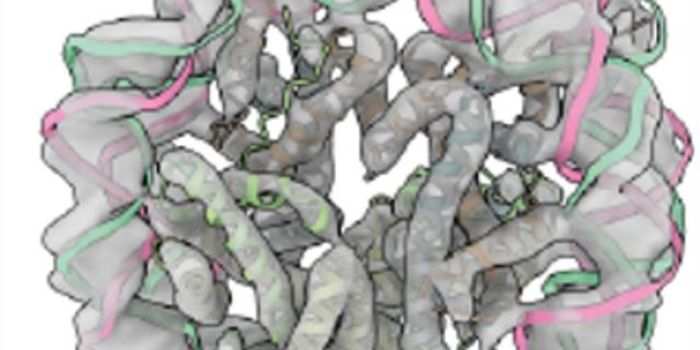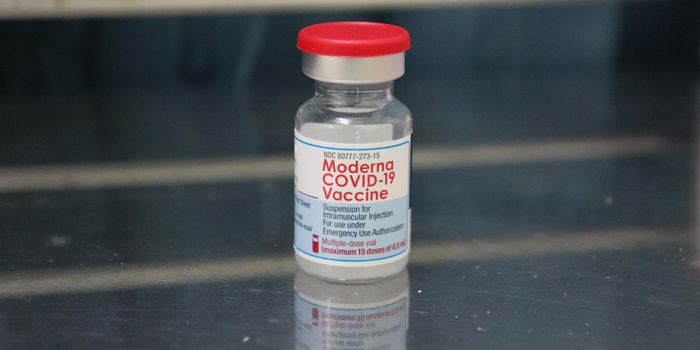Newly Identified Cell Type is Linked to Chronic Skin Disorders
The skin is the front line of immune defense, and acts as a simple barrier against pathogens, and it's exposed to many of them. Immune activity everywhere in the body, including the skin, has to be careully controlled because it can cause autoimmune disease when it's not properly regulated. The chronic skin disease atopic dermatitis (AD), which is thought to be caused by complex immune dysfunction, is estimated to affect about 15 percent of children worldwide, and for some, persists into adulthood. Reporting in the Journal of Experimental Medicine, scientists have discovered a type of cell in human skin that may play a role in inflammatory skin diseases like AD and psoriasis (PSO). These cells present a potential way to treat these diseases, suggested the researchers. Though the causes of AD and PSO are not completely understood, some types of activated T cells in the skin are known to release inflammatory molecules that can cause inflammation and disease.
Recent research has used single-cell RNA sequencing (RNA-seq) to analyze antigen-presenting immune cells such as dendritic cells (DCs) that are involved in the activation of T cells. RNA-seq reveals all the messenger RNA transcripts in a cell, giving scientists a snapshot of the genes that are expressed in individual cells at one point in time. This analysis can often reveal a cell's type as well as details about what pathways or processes are active, and can do so for many cells at the same time.
This study showed that in skin affected by PSO, there were higher numbers of a type of dendritic cell called CD14+ DC3s, and these cells were expressing two cytokines called IL1B and IL23A that are known to be involved in PSO.
"The findings from this study are significant as it will allow the design of new strategies to target or modulate myeloid cell populations for better health outcomes for patients of atopic dermatitis and psoriasis," suggested senior study author Dr. Florent Ginhoux, a senior principal investigator at A*STAR's Singapore Immunology Network (SIgN).
"The roles of antigen-presenting cells in the development of inflammatory skin diseases remain unclear. This study clearly revealed the functions of each antigen-presenting cell subset, which is very informative and valuable to understand the pathogenesis of atopic dermatitis and psoriasis," added Professor Kenji Kabashima, an adjunct Principal Investigator from SIgN and the Skin Research Institute of Singapore (SRIS).
Sources: A*STAR, Journal of Experimental Medicine









